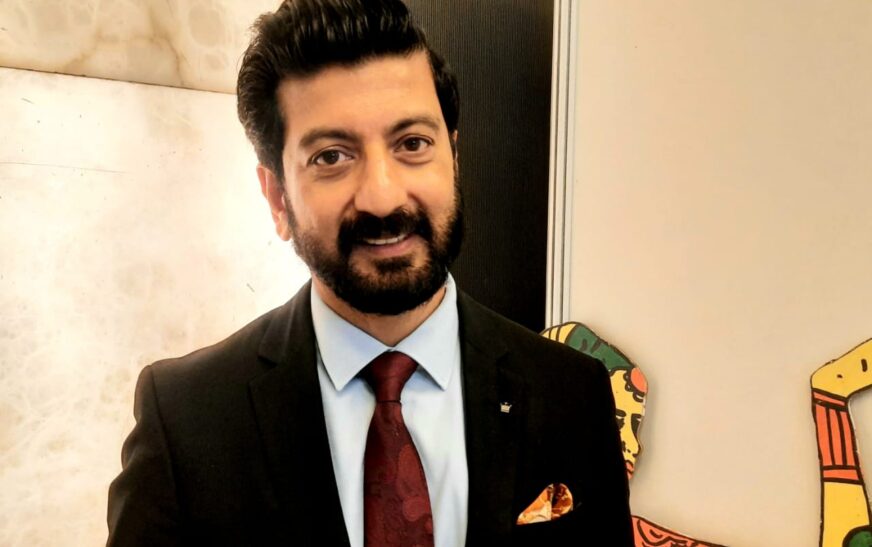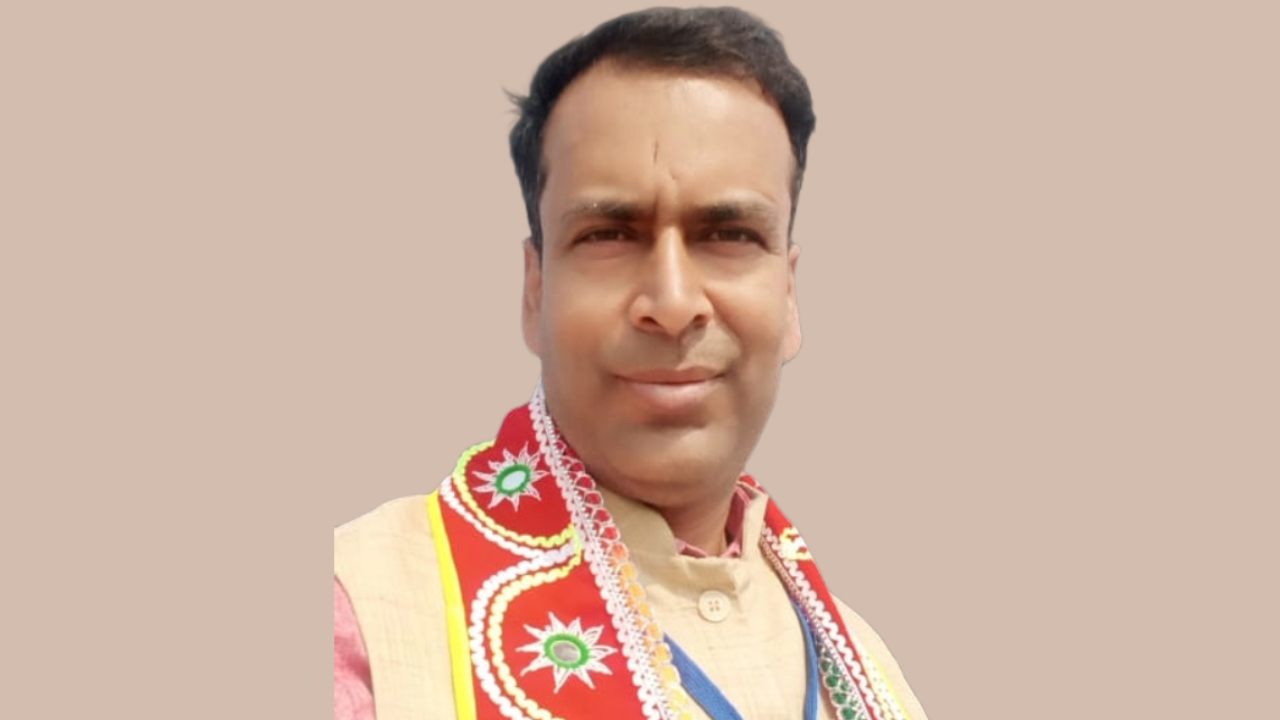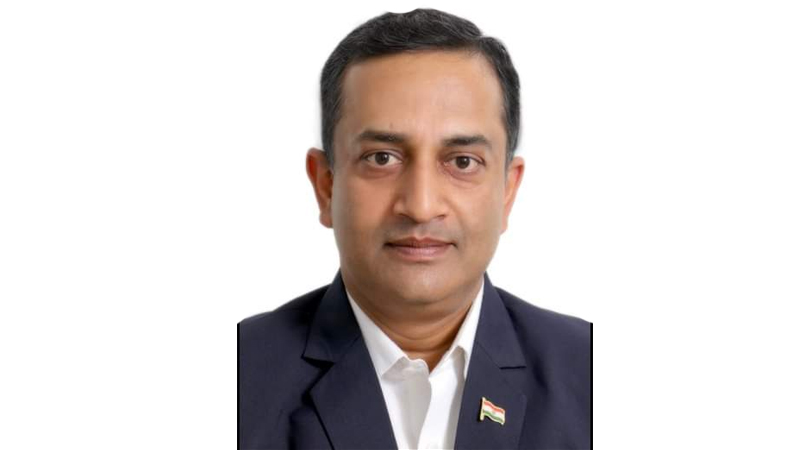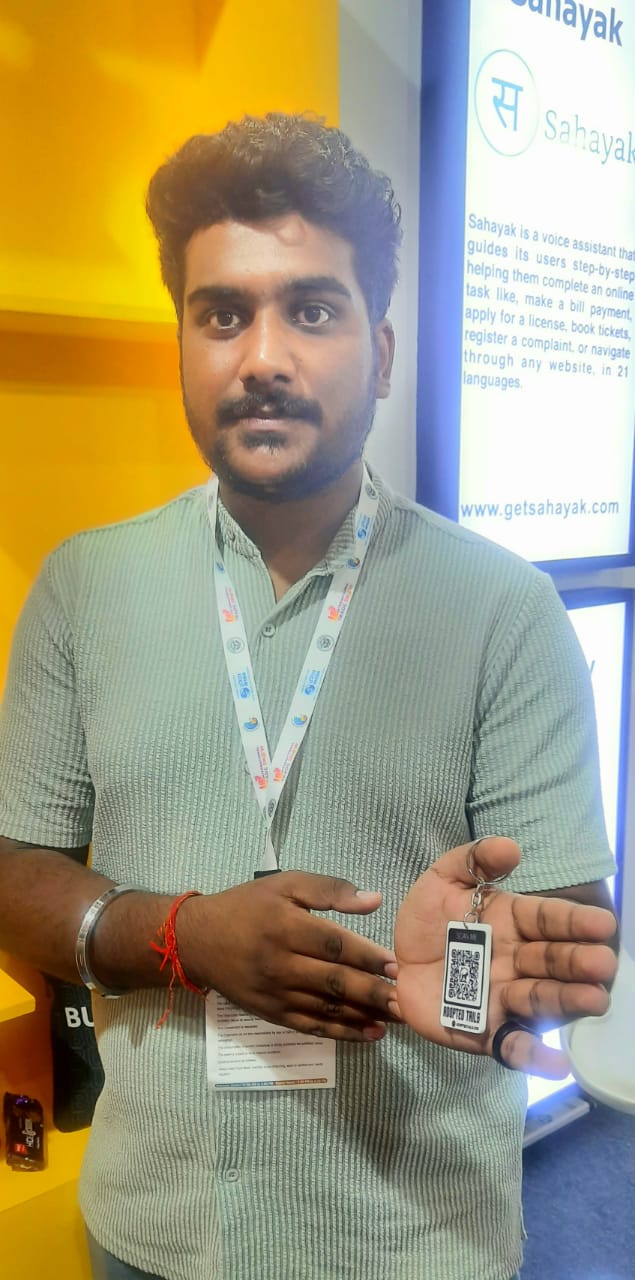GRT Hotels & Resorts, a distinguished extension of the renowned G.R. Thanga Maligai group, stands as a premier hospitality brand in South India. With a legacy spanning over five decades, it operates 19 upscale hotels and luxury resorts across Tamil Nadu, Pondicherry, Kerala, Telangana, Andhra Pradesh, and Karnataka. Strategically positioned in business hubs, cultural landmarks, and leisure destinations, these properties seamlessly fuse traditional hospitality with contemporary innovation and boost the future of tourism.
Its diverse portfolio includes luxury hotels, beachfront and hillside retreats, and budget-friendly stays, catering to a broad spectrum of travellers. Several locations feature franchise partnerships with the Radisson Hotel Group, amplifying their global appeal. Each property boasts meticulously designed rooms and suites, signature restaurants, cloud kitchens, and the award-winning Bodhi Spa, ensuring an immersive and refined guest experience.
Rooted in the ethos of “The Promise of More,” GRT Hotels & Resorts remains committed to curating unforgettable experiences. As it nears its silver jubilee, the brand continues redefining South India’s hospitality landscape, harmonizing heritage with modern comfort.
In an exclusive conversation with The Interview World at the Tourism Sustainability Summit 2025, hosted by PHDCCI, Vikram Cotah, CEO of GRT Hotels & Resorts, delves into the intersection of sustainability and tourism—the core theme of his book, The Great Butterfly Effect. Furthermore, he outlines strategic initiatives for fostering responsible tourism, shares insights into the group’s operational philosophy, and highlights the essential policy framework needed to propel India’s tourism industry forward. He also sheds light on GRT’s deep-rooted engagement with local communities, reinforcing its commitment to sustainable hospitality.
Here are the most compelling takeaways from his insightful discussion.
Q: Could you share insights into your book, The Great Butterfly Effect, particularly how it addresses the intersection of sustainability and tourism?
A: The Great Butterfly Effect is more than just a book—it’s a movement driven by passion and purpose. It embodies the philosophy of small changes creating profound impacts. My goal is to inspire people to embrace sustainability in their everyday actions.
Take something as simple as eliminating plastic straws in hotels. Over 12 or 24 months, this small shift can lead to a significant environmental impact. The book delves into various facets of sustainability, covering food and beverage operations, laundry management, and running plastic-free hotels. It explores the circular economy, recycling, and regenerative practices—ensuring places are left better than before. It also explains how to measure carbon footprints and offset them through afforestation.
I am making this book freely available, ensuring accessibility for all. To minimize environmental impact, I won’t print excessive copies. Instead, a QR code enables digital downloads. My only hope is that readers take actionable insights from this book, implement them, and collectively drive our country toward a more sustainable future. The more people join this movement, the greater the impact we can create.
Q: As the travel and tourism sector continues to grow and expand its reach, what are your key recommendations for promoting responsible tourism in the country?
A: Responsible tourism begins with a mindset. Its definition varies across regions, yet its essence remains the same—conscious choices that respect the environment and local communities.
Traditionally, India embodied responsible living. Our grandmothers instilled sustainability in daily life—never wasting food, reusing resources, and conserving water by opting for bucket baths instead of showers. We grew up practicing sustainability effortlessly. However, modern comforts have led us astray, pushing us toward overconsumption and resource depletion.
The goal is to revive these time-tested practices and integrate them into the hospitality industry, fostering responsible tourism. Hotels must lead by example, adopting sustainable operations and influencing guests. But the message must go beyond luxury establishments—it must reach every level of society. Sustainability is not an exclusive privilege or a fleeting trend; it is a way of life.
Q: Could you share insights into your hotel group’s operations and the strategic plans you have for its future growth?
A: We are part of the GRT Group, a household name in South India’s jewellery industry. Twenty-five years ago, we expanded into hospitality, and today, we operate 22 hotels. Four of them are franchised under the Radisson brand. Our footprint remains firmly rooted in South India, though we have ventured internationally with a project in the Maldives. Growth remains a priority, but we are committed to sustainable expansion, focusing on boutique hotels that stand apart with unique identities. Each hotel tells a story—because, as they say, the universe is made not of atoms but of stories. We believe storytelling enhances tourism and fosters responsible travel.
Q: What policy framework do you believe is essential to drive the growth of the tourism industry while ensuring sustainable practices in the country?
A: Sustainable tourism can only thrive with strong policy support. Major organizations like FHRAI, CII, and PHDCCI must take the lead in policy advocacy, urging the government to formalize sustainability as a mandate. Once sustainability becomes policy, compliance will follow—perhaps not universally, as smaller operators may struggle with investment, but at least at a foundational level.
To drive adoption, we need a financial framework that incentivizes sustainability. Businesses committed to eco-friendly practices should have access to better loan terms, lower interest rates, and tax exemptions—just as the government has done for electric vehicles. If EVs enjoy tax benefits, why shouldn’t sustainable hotels? The industry has yet to push for this change. A strong lobbying effort must bring this to the government’s attention.
Q: How is your hotel group engaging with local communities, and what initiatives have you undertaken to integrate common people into your business?
A: We actively engage with local communities wherever we establish a hotel. We don’t just operate in these regions—we adopt them, ensuring our presence brings meaningful support.
Take Mahabalipuram, a fishing village, for example. During periods when fishing is not possible, we step in by providing essential supplies like rice. Beyond immediate aid, we invest in the community’s future through student scholarships. Our commitment extends across all our locations, where we prioritize local employment, integrating residents into our hotels.
We also empower housewives by inviting them to prepare and serve traditional dishes in our buffets. This initiative not only preserves authentic home-cooked flavours but also instils pride in these women as they present their recipes to guests. It transforms dining into an experience—one that goes beyond a typical five-star menu and celebrates the true essence of regional cuisine.









